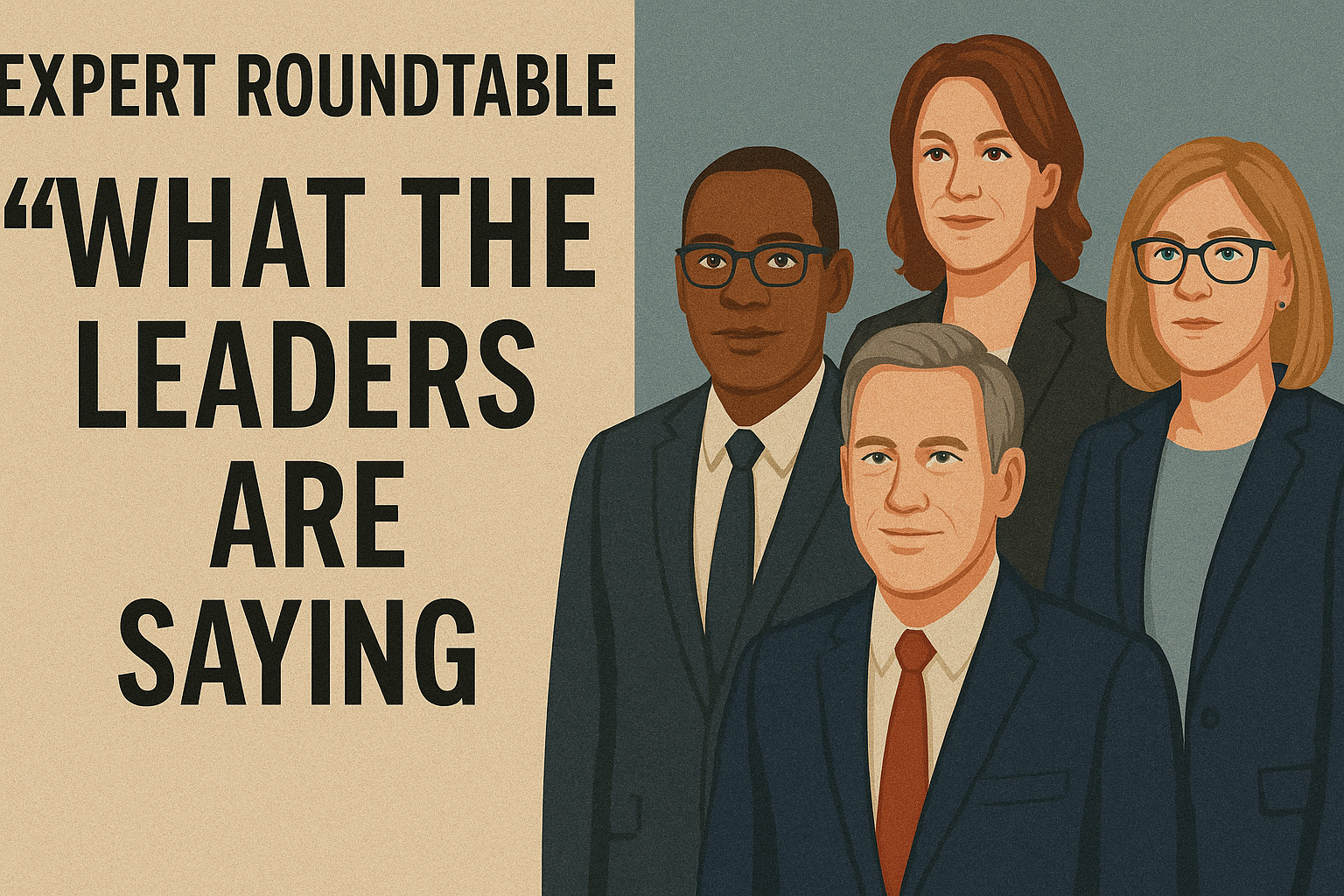As artificial intelligence weaves itself more deeply into the fabric of our daily lives, global leaders from tech companies and government agencies are speaking up. Their message is clear: we need smarter, fairer, and more transparent AI and that starts with ethical auditing.
Here’s what some of the key voices are saying, and why it matters.
IBM: Making Ethics Part of the Code
IBM has long been a strong advocate for building trust in AI from the start. Francesca Rossi, the company’s Chief AI Ethics Officer, says that ethics shouldn’t be an afterthought.
For IBM, it’s about building systems that actively promote fairness, not just avoiding mistakes. Their internal ethics board plays a hands-on role in reviewing how AI is used, ensuring each project reflects the company’s values.
For IBM, ethical AI is not just about compliance — it’s about responsibility.
OpenAI: Transparency in Action
While OpenAI frequently highlights the importance of transparency, the reality is more nuanced. The organization acknowledges that the public deserves insight into how AI systems behave—especially as these tools begin to influence education, public discourse, and access to information.
OpenAI has opened some channels for dialogue around AI behavior, fairness, and safety, stressing the importance of both internal and external scrutiny. However, critics argue that the company’s actual practices around transparency sometimes fall short of its stated ideals. Still, its efforts are helping shape conversations around responsible AI development, even as the debate around openness and accountability continues to evolve.
Microsoft: Standards That Guide Every Step
Microsoft has developed a clear framework for what responsible AI should look like, with key principles like fairness, privacy, transparency, and accountability at its core. For every system they build, the company asks tough questions: Is this inclusive? Will it behave as expected in the real world? How do we explain its decisions to users?
These principles aren’t just posters on the wall — they’re baked into how Microsoft builds and tests its AI tools, with ethical auditing embedded throughout.
European Union: Regulation with Purpose
While tech companies are setting standards internally, the EU is leading the charge on regulation. The upcoming AI Act is one of the most ambitious efforts to govern AI use responsibly.
By classifying systems based on their potential risk — from minimal to high — the EU is setting up a framework where the most powerful systems face the most scrutiny. It’s a proactive step to make sure AI respects people’s rights, avoids harm, and builds public trust from the ground up.
Why It All Matters
Ethical auditing isn’t about slowing down innovation or pointing fingers. It’s about building AI that works for everyone ; systems we can rely on, understand, and trust. Across the board, leaders agree: bias must be tested for, transparency must be built in early, accountability must be clear, and no one can tackle this alone.
AI is rewriting the rules of how decisions are made. Ethical auditing is how we make sure those decisions are fair, responsible, and human-centered.
Unlock the Future of AI -
Free Download Inside.
Get instant access to HonestAI Magazine, packed with real-world insights, expert breakdowns, and actionable strategies to help you stay ahead in the AI revolution.



